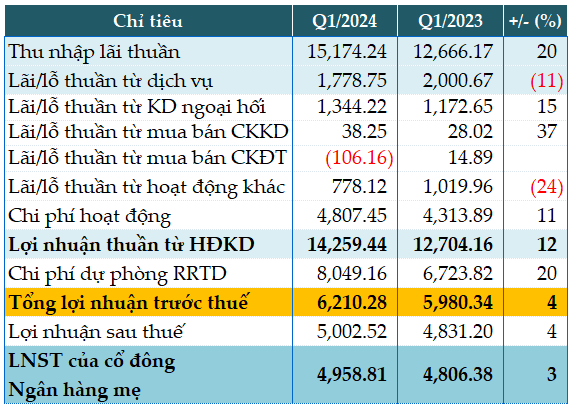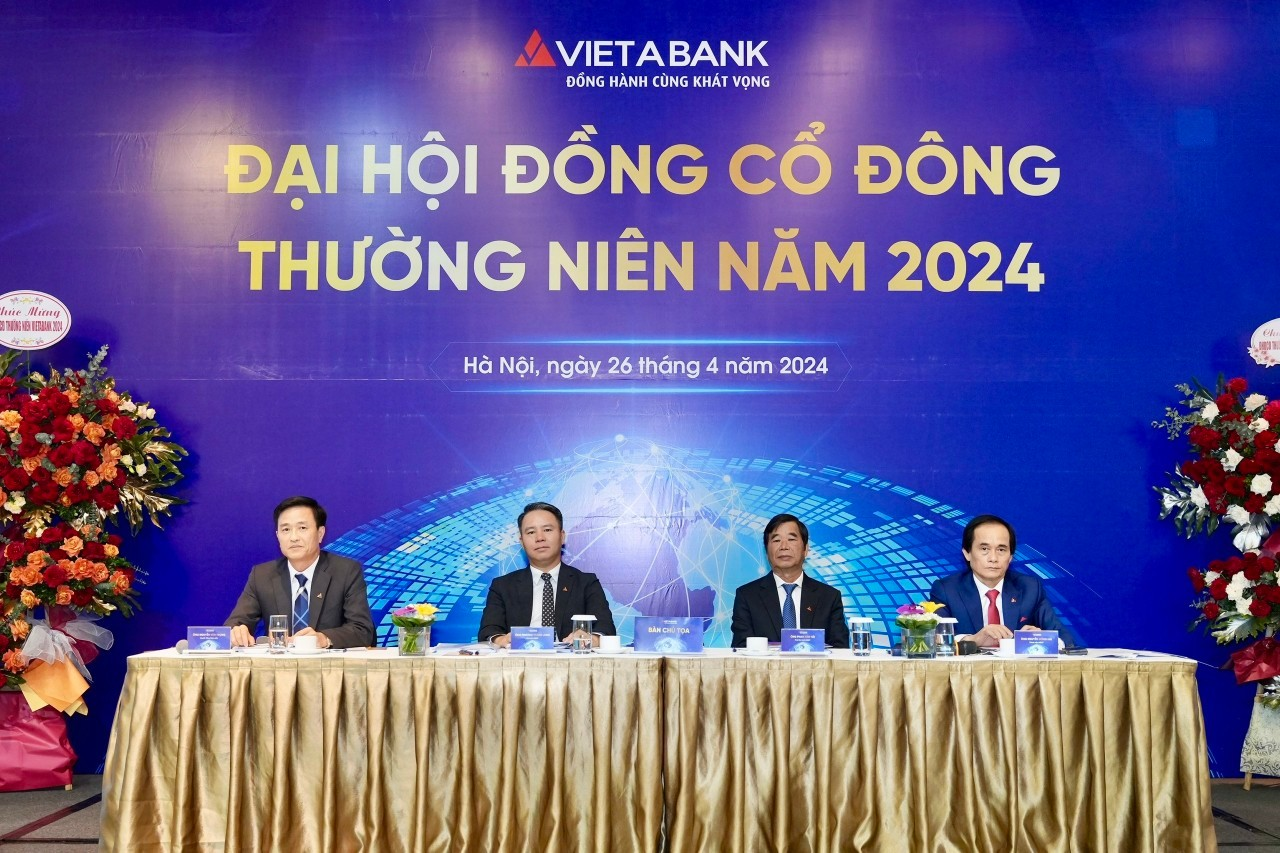Completing the legal framework for managing virtual assets is an important task in Decision 194 of the Prime Minister on the national action plan on anti-money laundering, counter-terrorism financing, and the proliferation and dissemination of weapons of mass destruction.
This information was shared by Mr. Nguyen Doan Hung, Vice Chairman of the Vietnam Blockchain Association (VBA) and former Chairman of the Vietnam Securities Commission, at a scientific workshop on building a legal framework for managing virtual assets (VA) and virtual asset service providers (VASP) organized by the VBA on March 13.
 Mr. Phan Duc Trung, Vice Chairman of the VBA Executive Board |
According to Mr. Hung, in the context of Vietnam being placed on the Financial Action Task Force’s (FATF) Increased Monitoring List (Gray List) on anti-money laundering (AML), completing the legal framework for managing virtual assets becomes even more urgent.
In addition, based on the operation of virtual assets, a legal framework is required. Currently, virtual currency trading activities in Vietnam through exchanges are quite active, with popular cryptocurrencies such as Bitcoin, Ethereum, etc.
Mr. Phan Duc Trung, Vice Chairman of the VBA Executive Board, emphasized that virtual assets are an irreversible global trend. The total value of virtual assets is expected to account for 10% of global GDP, reaching $16,000 trillion by 2030.
Some popular virtual assets currently include Crypto, NFT, Token, etc. For virtual asset service providers, there are two main types: centralized exchanges and decentralized exchanges.
Mr. Trung, Vice Chairman of the VBA Executive Board, stated that through consultations with relevant parties, 60% lean towards the option of banning virtual assets, while 40% have neutral opinions. Mr. Trung emphasized that banning virtual assets is not feasible.
Instead, it is necessary to quickly issue regulations for managing virtual assets and virtual asset service providers in accordance with the anti-money laundering standards of the Financial Action Task Force (FATF), in order to remove Vietnam from the Gray List as stated in the Prime Minister’s Decision No. 194 dated February 23, 2024.
In Decision 194, the Government has mentioned the research and development of a legal framework to prohibit or regulate virtual assets and virtual asset service providers.
Based on the situation in Vietnam, Mr. Trung said that in 2017, there was a lawsuit related to the virtual currency Bitcoin. Specifically, the Ben Tre Tax Department issued a decision to recover a total of 2.6 billion VND in value-added tax and personal income tax from Mr. Nguyen Viet C. (in Ben Tre), as he had engaged in cryptocurrency exchange activities on the internet from 2008 to 2013.
Afterward, Mr. C. filed a lawsuit against the tax recovery decisions of the tax authorities. The Ben Tre Provincial People’s Court subsequently ruled to invalidate the tax recovery decisions of the Ben Tre Tax Department regarding the plaintiff Mr. Nguyen Viet Cuong, with the reasoning that the virtual currency was not considered a commodity under the law.
The journalist also raised the issue that in 2017, the Prime Minister also instructed the relevant ministries to develop a legal framework for virtual assets and cryptocurrencies, but it has not been completed yet. Is it feasible to complete it by May 2025 as required in Decision No. 194?
In response to this issue, Mr. Phan Duc Trung emphasized that at this time, there is much “motivation” for the ministries to research and develop a legal framework as well as to express their positions on virtual assets. Among them, there is the motivation to remove Vietnam from the Financial Action Task Force’s (FATF) Increased Monitoring List (Gray List). The VBA representative also acknowledged that this is a difficult and sensitive issue, so the regulatory authorities are quite cautious.
At the workshop, Mr. Phan Duc Trung also suggested that the business community and professional associations proactively pay taxes and propose tax solutions to affirm the role of virtual assets and virtual asset service providers in contributing to the country’s economy.
Minh Chien









































